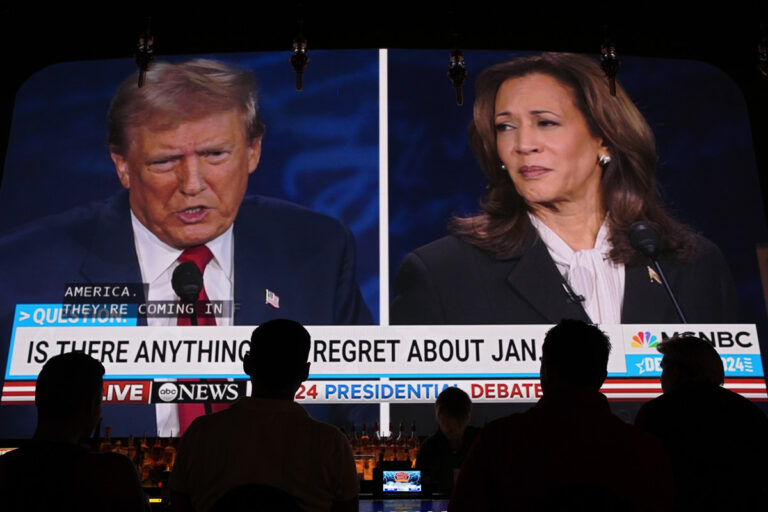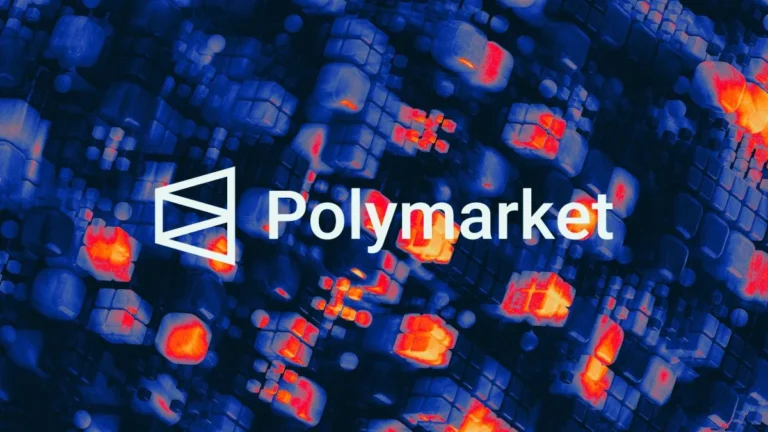A New Way to Predict the Future—With Real Money on the Line
Robinhood, the same app that made stock and crypto trading super easy for everyone, is now getting into a whole new game—prediction markets. They’ve launched a special section in their app where people can bet on real-world events like elections, economic trends, and sports games.
But here’s the twist: Robinhood isn’t doing this alone. They’ve teamed up with Kalshi, a company that specializes in legal prediction markets in the U.S. Kalshi is regulated by the Commodity Futures Trading Commission (CFTC), meaning these bets (or “contracts”) are legal and official.
How Does This Work?
Imagine you have a strong feeling about who will win the next U.S. election or whether inflation will go up. On Robinhood’s new platform, you can place a bet on that outcome. If you’re right, you make money. If you’re wrong, you lose. This system uses market incentives to predict the future, because when thousands (or even millions) of people bet on something, their combined knowledge tends to reveal the most likely outcome.
This is why Robinhood’s CEO, Vladimir Tenev, called it the “application of capitalism to the pursuit of truth.” Instead of just guessing, people are putting real money on the line, making the predictions more serious and potentially more accurate.
Why Is This a Big Deal?
- It’s Expanding the Way People Trade: Before, Robinhood was mainly about stocks and crypto. Now, they’re opening up a whole new way for traders to make money—by betting on real-world events.
- It Competes With Decentralized Prediction Markets: Platforms like Polymarket have been doing this for a while using blockchain technology, but Robinhood’s version is fully regulated in the U.S.
- It’s a Legal Experiment: Prediction markets have always been controversial, especially when it comes to politics. The U.S. government, through the CFTC, has tried to block betting on elections before, arguing it could undermine democracy. However, a court ruled in 2024 that Kalshi could legally offer these types of contracts.
- Big Money Involved: Just to give you an idea, during the 2024 U.S. election, over $3 billion was bet on Polymarket alone about whether Trump or Kamala Harris would win. Robinhood is now stepping into this high-stakes world.
What to Watch For Next?
- More Categories: Right now, Robinhood is focusing on politics, economics, and sports, but they’ll likely add more in the future (maybe entertainment or global events?).
- Regulatory Battles: The government still isn’t fully convinced this type of trading is a good idea. The CFTC is keeping a close eye on Kalshi, and even investigated them recently for their Super Bowl prediction markets.
- Competition With Crypto Prediction Markets: Platforms like Polymarket allow betting with crypto, while Robinhood is using a more traditional (but regulated) approach. Which will win?
Key Words to Remember:
- Prediction Markets: Places where people bet money on future events.
- Futures Contracts: A type of bet where you agree to buy or sell something later, based on a predicted outcome.
- Market Incentives: The idea that when people put their money on the line, they make smarter, more accurate predictions.
- CFTC (Commodity Futures Trading Commission): The U.S. regulator that decides whether these types of markets are legal.
Why Should You Care?
This isn’t just about gambling—it’s about how markets use crowd knowledge to predict the future. If you’re into crypto, trading, or economics, understanding how prediction markets work is crucial. They could become a powerful tool for forecasting events before they even happen. Plus, this might be the next big thing in financial trading, and knowing about it early could give you an edge.



